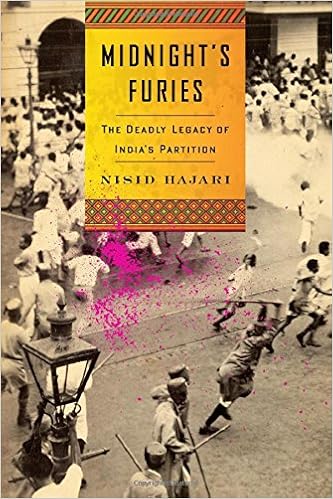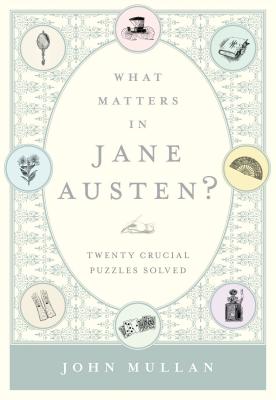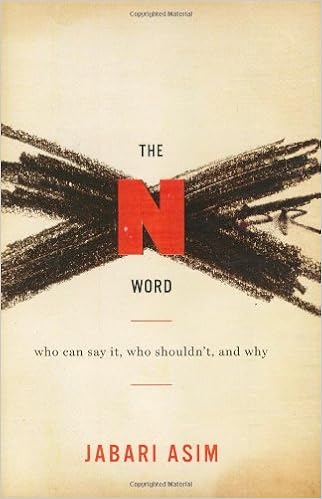Although my reading project for not being a dumb American is only about Africa, I do read other nonfiction books that I don’t tell you about. Ordinarily I let it slide past without comment, but as I’ve been reading a lot of nonfiction lately (a mood came upon me!), I thought I’d share some of my findings.
Finding the First: Pakistan is an acronym.

“But Jenny why didn’t you know that already? Everyone knows that!” you may say. To which I have no response but embarrassment. I also only recently learned that scuba is an acronym. It was a weird acronym-y week, that week.
Because yes! As originally proposed, Pakistan was to stand for the proposed territories it would contain: Punjab, Afghania, Kashmir, Sindh, and BaluchisTAN. (I know; the last bit’s lame.) Then somebody noticed that if you tossed an I in the middle of that, it would mean Land of the Pure in Urdu, so they ran with it.

Everything else I learned from Nisid Hajari’s Midnight’s Furies: The Deadly Legacy of India’s Partition was horribly depressing. For our purposes here, I’ll just say that although this sounds like bullshit colonialism, legitimately it seems to be true that rushing to independence before the structures to support independence are in place is an awful, awful idea. Cf. Democratic Republic of the Congo. This is my working hypothesis and I will keep you posted on how it stands up to further scrutiny going forward.
Finding the Second: We should bring back mourning attire.
Not, I mean, like not fully. John Mullan’s excellent What Matters in Jane Austen takes up twenty rather unexpected questions about how Jane Austen signals information in her books and what that means, and one of them is “Who dies in the course of her novels?” Very few people, is the answer, but another part of the answer is that while not many deaths occur in the course of her novels, the presence of death and mourning attire is omnipresent.
The relief of [recovery from illness] is something that we can hardly feel any more. it gives us some idea of how our usually comfortable distinction between trivial and serious ailments was much less secure.
I don’t think people should wear only black for a year after their loved one dies. But if maybe we could have something, some outward sign that you could choose to wear if you wanted to that would say I am not okay, handle with care. I know the answer is that we should treat everyone as if their spouse just died, but, you know what? I am not a saint and I cannot be nice to everyone 100% of the time, and neither can you, so let’s talk real with each other about it.

Finding the Third: I need to read a nonfiction book about what it’s like to be a Mormon missionary. Someone like Marilyn Johnson or Alexandra Robbins should hop on that, because I think it would be amazing.
Edited by Stephanie Wu, The Roommates collects stories of awful roommates, which is as fun as you’d imagine. But also, it’s clear that Stephanie Wu just asked all her friends to ask all their friends if they had any good roommate stories. The diversity is . . . not so much. My favorite story was about the narrator’s Mormon mission year, and it made me want a book about Mormon missionaries and their lives. Let’s make it happen.
Finding the Fourth: Literally everyone in all of American history (except Ida B. Wells) was terrible. Ida B. Wells is maybe the only human in the history of this nation who wasn’t hot garbage.
Jabari Asim’s book The N Word has the subtitle Who Can Say It, Who Shouldn’t, and Why, which sounds like it’s a more sociological take on the word. That would have been fascinating, but Asim does something that’s (maybe?) even more fascinating, which is to contextualize the n-word historically. He goes through the ways it was deployed in science, arts, and culture from before the Civil War up to the present day.

It’s a really good book, and Asim is a thoughtful critic of culture and history. If you can tolerate a full-length book of everyone being terrible, this is a good one to go with.

This has been some of the nonfiction I’ve been plowing through recently. I will return you to your regularly scheduled fiction programming hereafter.